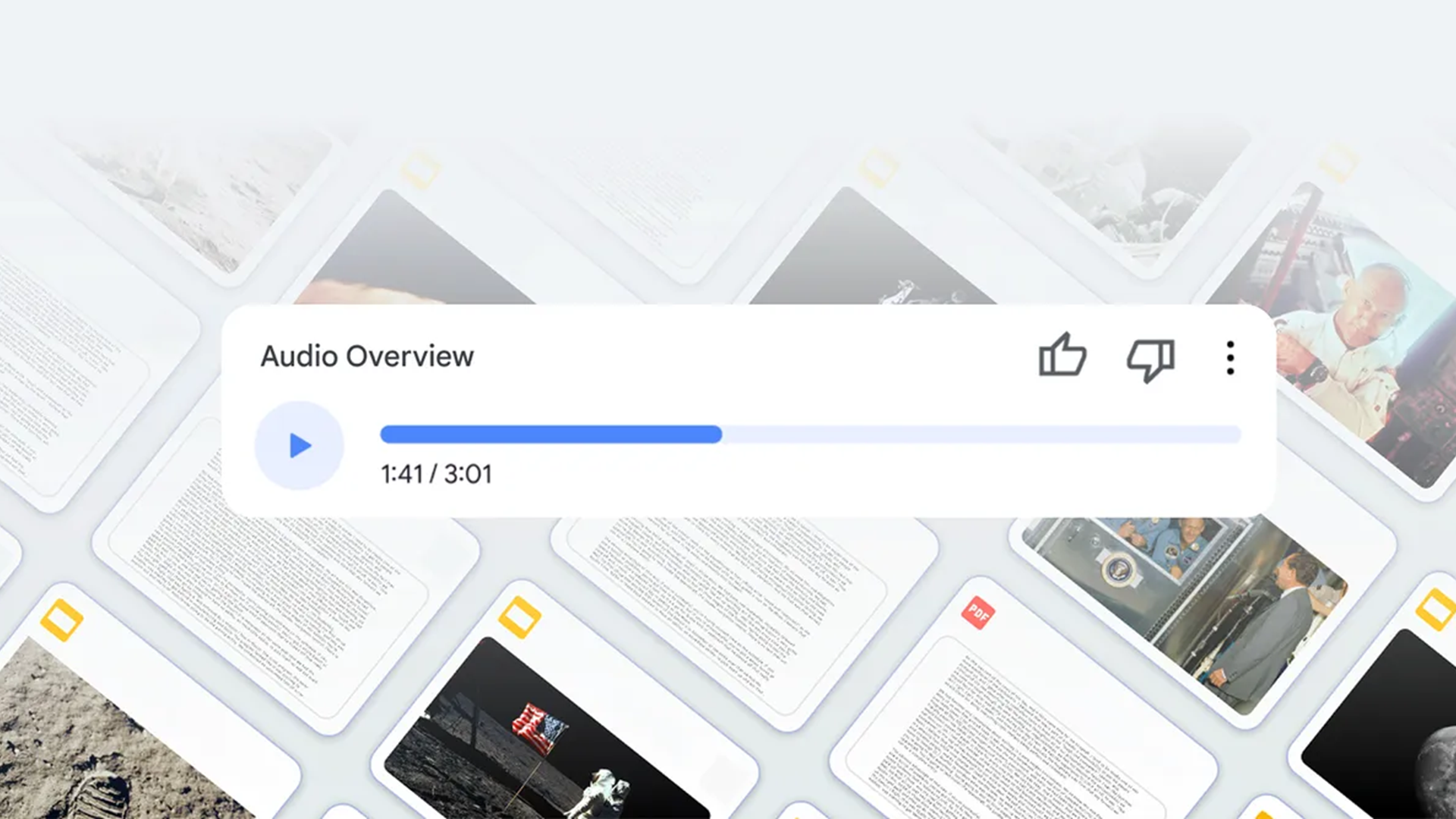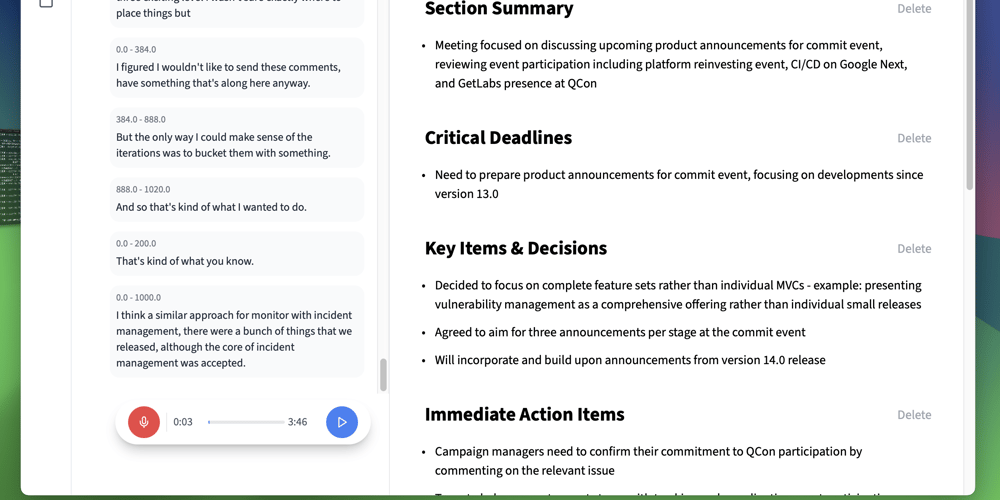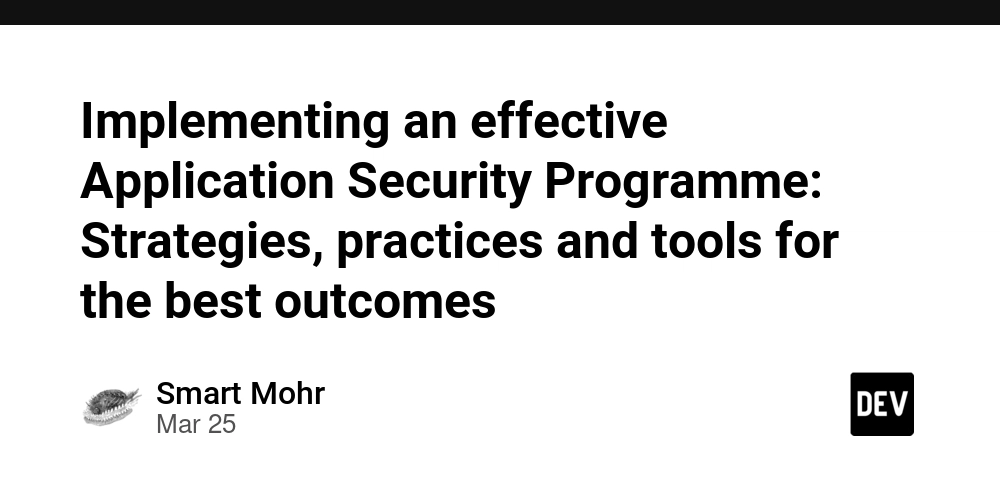The Python Toolbox: Essential Tools Every Developer Should Know
Let’s cut to the chase—Python is an insanely powerful language, but the real magic isn’t just in the syntax. It’s in the tools that make your life easier. If you’re only writing raw Python scripts, you’re leaving a ton of efficiency and power on the table. Python Developer Resources - Made by 0x3d.site isn’t just another random list of links. It’s a carefully curated hub of the best tools, libraries, and discussions you actually need to know about. If you want to sharpen your skills and build real-world applications faster, this is where you start. Let’s break down some essential tools every Python developer should know—and how you can start using them today. 1. Debugging and Profiling: Stop Guessing, Start Fixing Every developer hits bugs. The difference between pros and amateurs? The pros fix them faster. Tools You Need: pdb – Python’s built-in debugger. Step through your code, inspect variables, and track down logic errors with ease. PySnooper – A super simple way to log every function call and see what’s happening under the hood. cProfile – Find out exactly which parts of your code are slowing things down. How to Apply It Today: Start using pdb.set_trace() in your scripts to pause execution and inspect values. Wrap your slowest functions in cProfile to pinpoint performance bottlenecks. Use PySnooper when dealing with complex loops or recursion. 2. Virtual Environments: Never Break Your Setup Again If you’ve ever installed a package and suddenly half your Python scripts stop working, you know the pain of dependency conflicts. Tools You Need: venv – Python’s built-in way to create isolated environments. pipenv – A higher-level tool that combines pip and venv into one easy-to-use package manager. poetry – A modern dependency management tool that simplifies package handling and project setup. How to Apply It Today: Stop installing packages globally! Use python -m venv myenv and activate it before running your scripts. Try pipenv install to manage dependencies more efficiently. Explore poetry if you’re building Python projects that need better dependency management. 3. Automation: Write Once, Run Forever Repetitive tasks are the enemy of productivity. The best Python developers automate everything they can. Tools You Need: Fabric – Automate SSH commands and deployment tasks. Invoke – A Pythonic task runner for scripts and workflows. Airflow – Manage complex workflows and scheduling with ease. How to Apply It Today: Use Fabric to deploy code to remote servers with a single command. Write a simple Invoke script to automate your common development tasks. If you deal with data pipelines, start experimenting with Airflow to manage your jobs. 4. Data Handling: Work Smarter with Large Datasets Python is the go-to language for data science, but even web developers and backend engineers need to handle data efficiently. Tools You Need: pandas – The ultimate library for handling and analyzing structured data. SQLAlchemy – A powerful way to interact with databases using Python. Polars – A high-performance alternative to pandas for larger datasets. How to Apply It Today: Use pandas to clean and manipulate CSV files without manually iterating over rows. Integrate SQLAlchemy to interact with databases in a more Pythonic way. If pandas is slowing you down, try Polars for lightning-fast operations. 5. Stay Ahead: Follow the Right Repositories & Discussions The best Python developers don’t just code—they stay up to date. If you’re not paying attention to what’s trending, you’ll always feel behind. How to Use These Resources: Check Trending Repositories to see what’s gaining traction. Use Stack Overflow Trending to learn from real-world problems and solutions. Follow Trending Discussions to stay informed about major Python developments. Final Thoughts: Take Action Today Python is powerful, but only if you use the right tools. Don’t just read about them—start applying them today. Your Next Steps: Bookmark python.0x3d.site so you always have a go-to resource hub. Pick one tool from this list and integrate it into your workflow today. Stop working harder—start working smarter. The best developers aren’t the ones who know the most—they’re the ones who take action. Now it’s your turn.

Let’s cut to the chase—Python is an insanely powerful language, but the real magic isn’t just in the syntax. It’s in the tools that make your life easier. If you’re only writing raw Python scripts, you’re leaving a ton of efficiency and power on the table.
Python Developer Resources - Made by 0x3d.site isn’t just another random list of links. It’s a carefully curated hub of the best tools, libraries, and discussions you actually need to know about. If you want to sharpen your skills and build real-world applications faster, this is where you start.
Let’s break down some essential tools every Python developer should know—and how you can start using them today.
1. Debugging and Profiling: Stop Guessing, Start Fixing
Every developer hits bugs. The difference between pros and amateurs? The pros fix them faster.
Tools You Need:
- pdb – Python’s built-in debugger. Step through your code, inspect variables, and track down logic errors with ease.
- PySnooper – A super simple way to log every function call and see what’s happening under the hood.
- cProfile – Find out exactly which parts of your code are slowing things down.
How to Apply It Today:
- Start using
pdb.set_trace()in your scripts to pause execution and inspect values. - Wrap your slowest functions in
cProfileto pinpoint performance bottlenecks. - Use
PySnooperwhen dealing with complex loops or recursion.
2. Virtual Environments: Never Break Your Setup Again
If you’ve ever installed a package and suddenly half your Python scripts stop working, you know the pain of dependency conflicts.
Tools You Need:
- venv – Python’s built-in way to create isolated environments.
-
pipenv – A higher-level tool that combines
pipandvenvinto one easy-to-use package manager. - poetry – A modern dependency management tool that simplifies package handling and project setup.
How to Apply It Today:
- Stop installing packages globally! Use
python -m venv myenvand activate it before running your scripts. - Try
pipenv installto manage dependencies more efficiently. - Explore
poetryif you’re building Python projects that need better dependency management.
3. Automation: Write Once, Run Forever
Repetitive tasks are the enemy of productivity. The best Python developers automate everything they can.
Tools You Need:
- Fabric – Automate SSH commands and deployment tasks.
- Invoke – A Pythonic task runner for scripts and workflows.
- Airflow – Manage complex workflows and scheduling with ease.
How to Apply It Today:
- Use
Fabricto deploy code to remote servers with a single command. - Write a simple
Invokescript to automate your common development tasks. - If you deal with data pipelines, start experimenting with
Airflowto manage your jobs.
4. Data Handling: Work Smarter with Large Datasets
Python is the go-to language for data science, but even web developers and backend engineers need to handle data efficiently.
Tools You Need:
- pandas – The ultimate library for handling and analyzing structured data.
- SQLAlchemy – A powerful way to interact with databases using Python.
-
Polars – A high-performance alternative to
pandasfor larger datasets.
How to Apply It Today:
- Use
pandasto clean and manipulate CSV files without manually iterating over rows. - Integrate
SQLAlchemyto interact with databases in a more Pythonic way. - If
pandasis slowing you down, tryPolarsfor lightning-fast operations.
5. Stay Ahead: Follow the Right Repositories & Discussions
The best Python developers don’t just code—they stay up to date. If you’re not paying attention to what’s trending, you’ll always feel behind.
How to Use These Resources:
- Check Trending Repositories to see what’s gaining traction.
- Use Stack Overflow Trending to learn from real-world problems and solutions.
- Follow Trending Discussions to stay informed about major Python developments.
Final Thoughts: Take Action Today
Python is powerful, but only if you use the right tools. Don’t just read about them—start applying them today.
Your Next Steps:
- Bookmark python.0x3d.site so you always have a go-to resource hub.
- Pick one tool from this list and integrate it into your workflow today.
- Stop working harder—start working smarter.
The best developers aren’t the ones who know the most—they’re the ones who take action. Now it’s your turn.







































































































































































![[The AI Show Episode 143]: ChatGPT Revenue Surge, New AGI Timelines, Amazon’s AI Agent, Claude for Education, Model Context Protocol & LLMs Pass the Turing Test](https://www.marketingaiinstitute.com/hubfs/ep%20143%20cover.png)
































































































































![From drop-out to software architect with Jason Lengstorf [Podcast #167]](https://cdn.hashnode.com/res/hashnode/image/upload/v1743796461357/f3d19cd7-e6f5-4d7c-8bfc-eb974bc8da68.png?#)


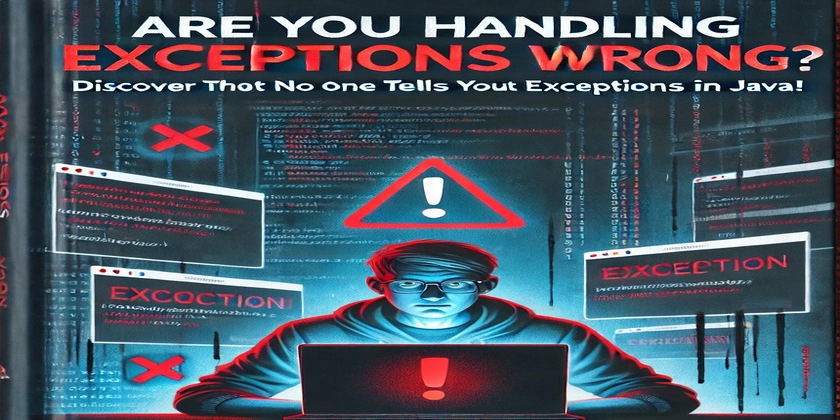







































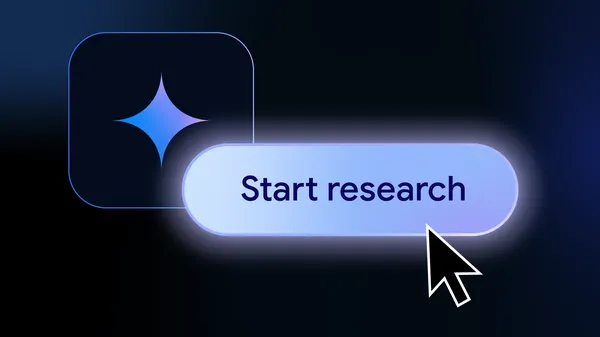
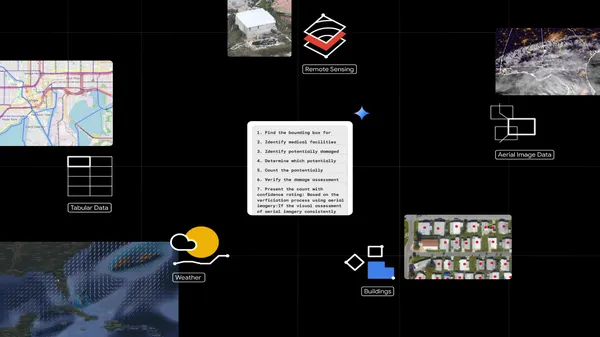





























































.jpg?#)
































_ArtemisDiana_Alamy.jpg?#)


 (1).webp?#)

















































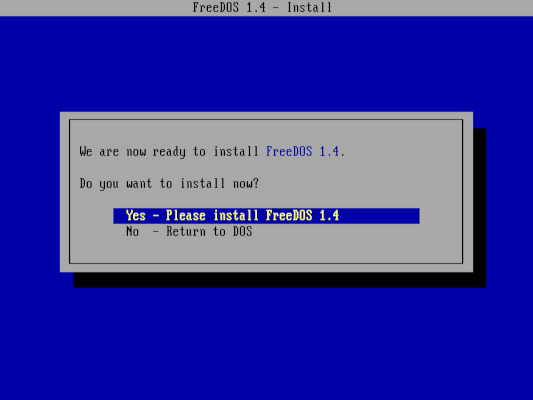



















-xl.jpg)

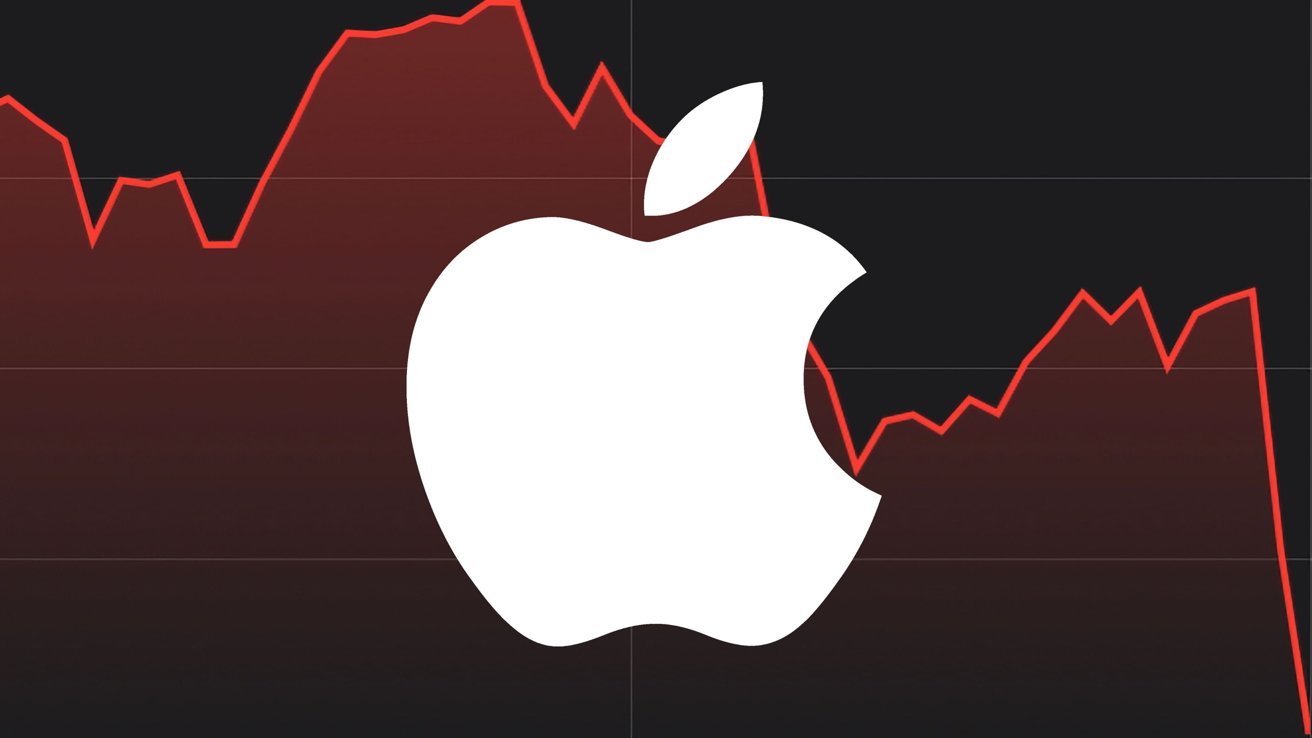


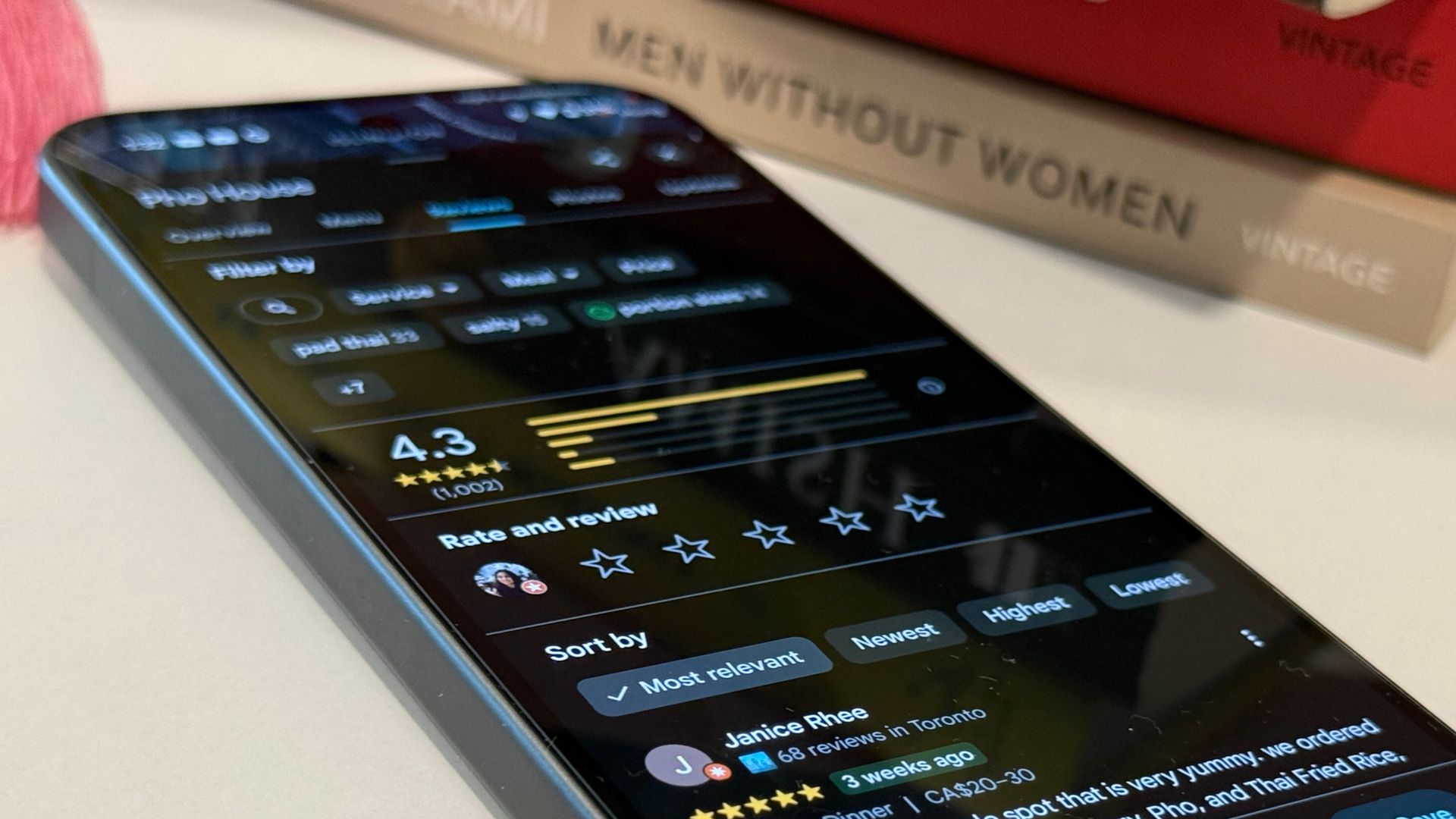

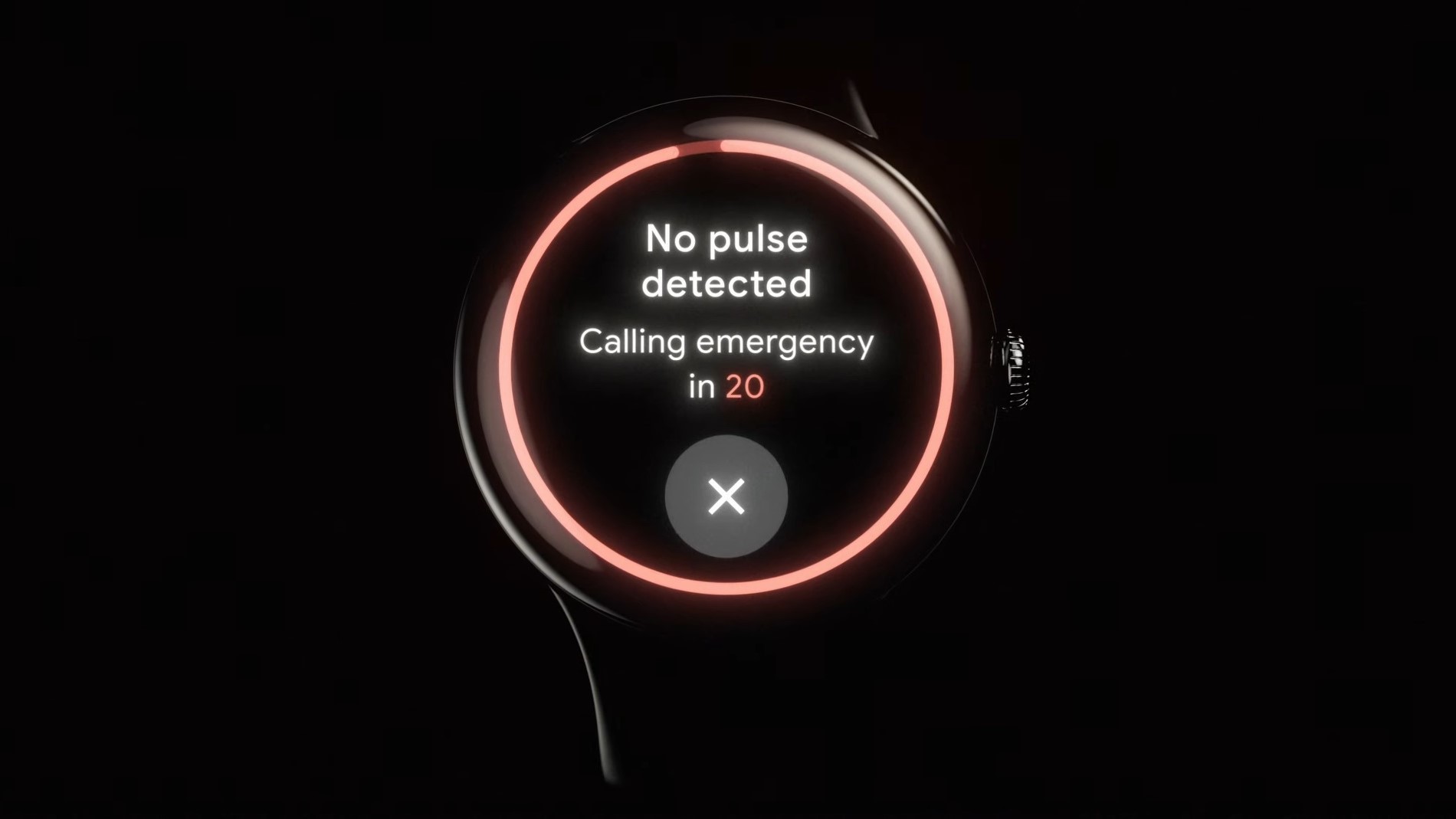







![Yes, the Gemini icon is now bigger and brighter on Android [U]](https://i0.wp.com/9to5google.com/wp-content/uploads/sites/4/2025/02/Gemini-on-Galaxy-S25.jpg?resize=1200%2C628&quality=82&strip=all&ssl=1)










![Apple Rushes Five Planes of iPhones to US Ahead of New Tariffs [Report]](https://www.iclarified.com/images/news/96967/96967/96967-640.jpg)
![Apple Vision Pro 2 Allegedly in Production Ahead of 2025 Launch [Rumor]](https://www.iclarified.com/images/news/96965/96965/96965-640.jpg)


















